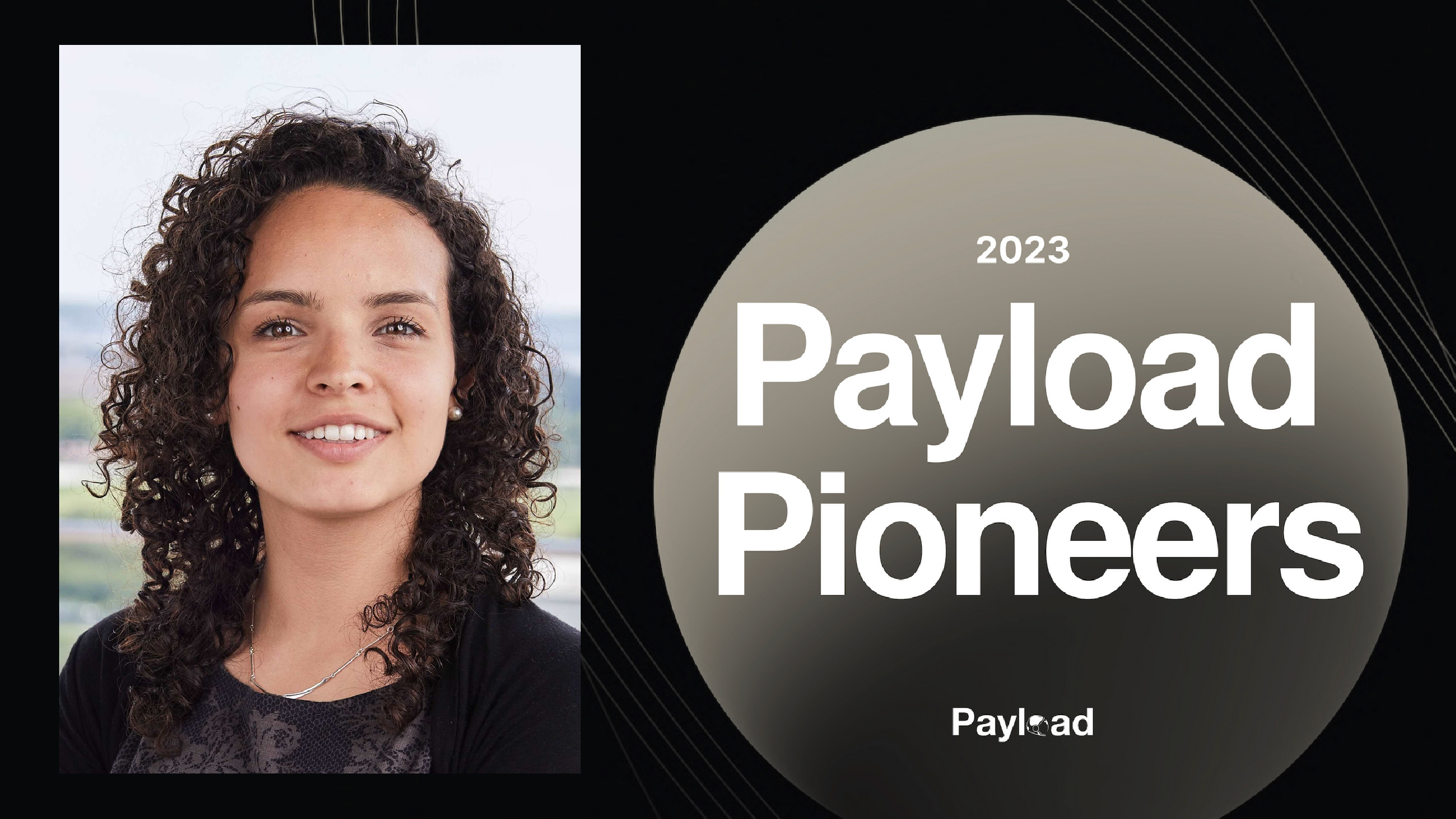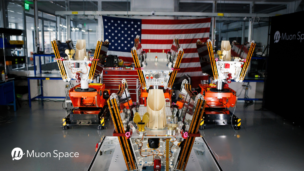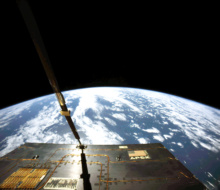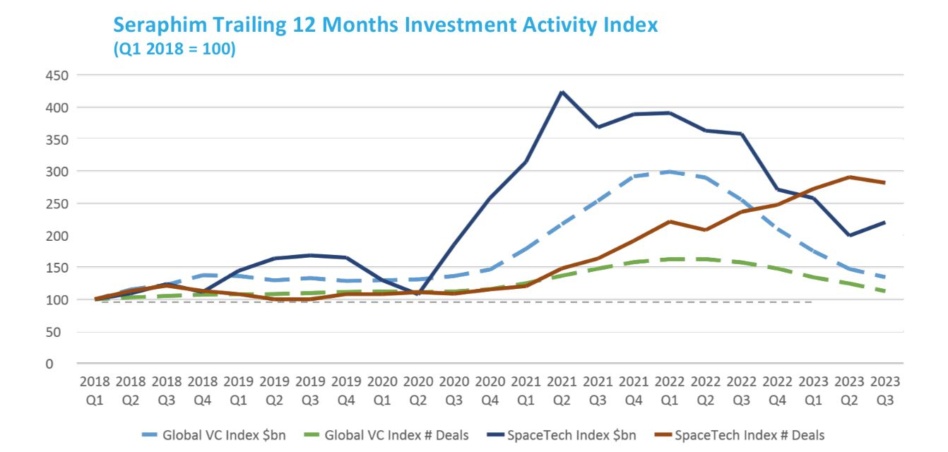Victoria Carter-Cortez, a space strategy consultant at the professional services firm PwC, spent her undergraduate years as an astrophysics student. It was her first introduction to space.
“Studying the shock physics of impacts caused by space debris taught me a lot about the complexity of space as an extreme environment and the deep extent to which it challenges us: technologically, politically and economically,” the 29-year-old said.
Next steps: She quickly became a policy analyst at ESA, where she was in charge of strengthening relationships between different countries’ space agencies and private enterprises. Since then, she has worked with a slew of companies and public institutions across the globe to understand ways in which the cosmos could be leveraged to help us on Earth.
“It’s this convergence that I find very attractive because it taught me just how intertwined science, technology, and engineering can be with governance, policy, and business when it comes to driving change and growth in the space sector,” she said.
Carter-Cortez has spent her time at PwC thinking about how to future-proof space—a goal that involves looking at non-space sectors to see how space technology and data could be applied elsewhere, and making sure space companies follow environmental, social, and corporate governance laws that could be created in the future.





